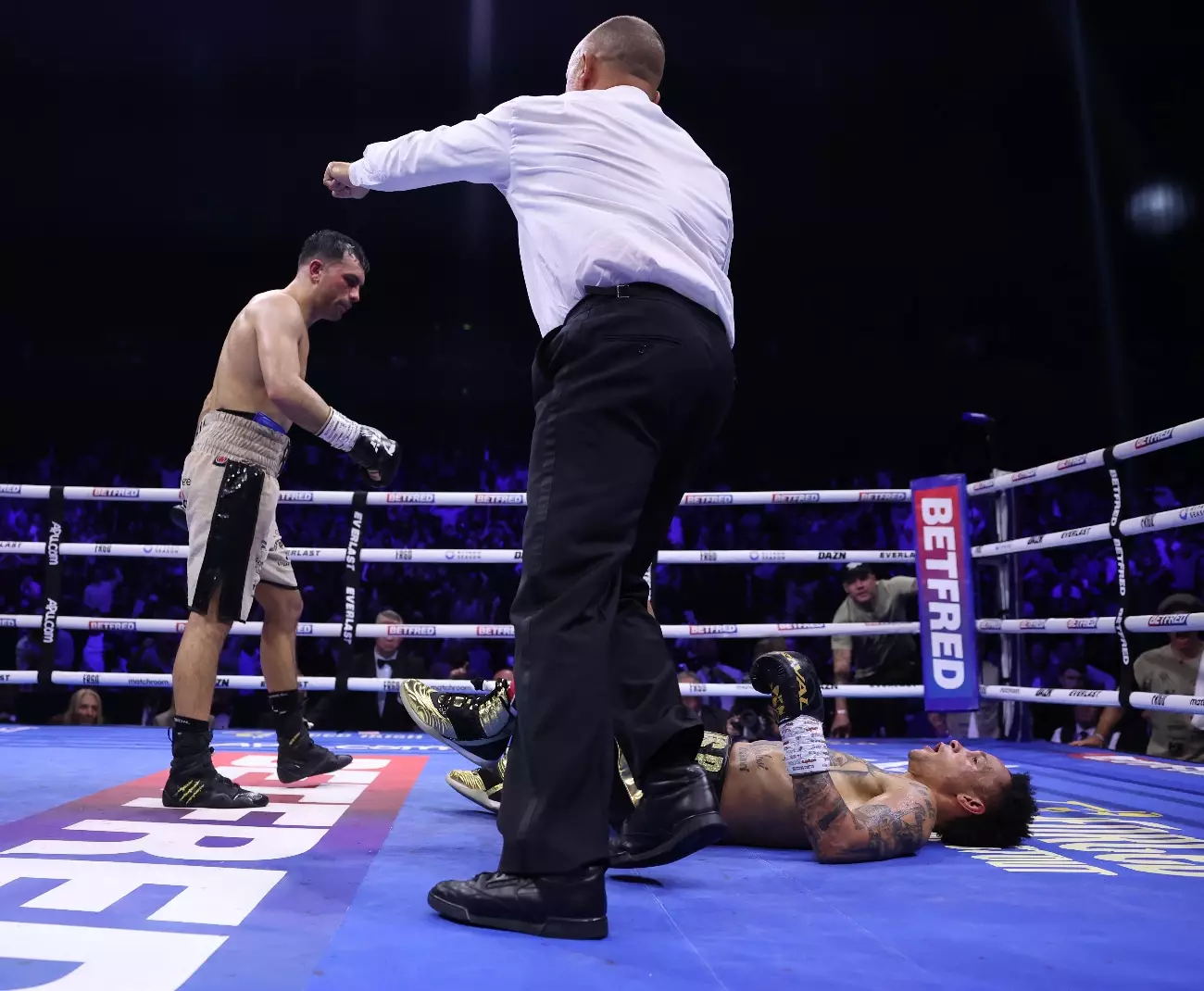In the world of boxing promotion, few rivalries are as charged as the ongoing tensions between Eddie Hearn and Oscar De La Hoya. Following the recent 12-round unanimous decision loss of Regis Prograis to Jack Catterall in Manchester, De La Hoya took to Twitter, claiming that Hearn’s matchmaking had “ruined” Prograis’s career. This public spat has stirred up discussions about the responsibilities promoters have in shaping a boxer’s path, as well as the consequences of matchmaking decisions on a fighter’s legacy.
Regis Prograis, who once held titles from both the WBA and WBC in the light welterweight division, has recently faced significant challenges in his career. The 35-year-old’s record suffered yet another blow with this most recent defeat, marking the second consecutive loss in a three-fight deal with Hearn’s Matchroom Boxing. Despite a prior victory against Danielito Zorrilla in June, Prograis fell short against Devin Haney and now Catterall, bringing his record to an uneven 29 wins and 3 losses. Hearn’s defense of his matchmaking choices, claiming Prograis earned “an absolute fortune” during his bouts, only raises questions about the balance between financial success and competitive integrity.
While Hearn asserts that Prograis has reaped financial rewards, one must consider the implications of these highs and lows on his personal reputation and standing within the sport. The decision to “roll the dice” against Jack Catterall could be viewed as reckless at best and desperate at worst. Hearn’s candid acknowledgment that Prograis chose to engage in high-stakes fights invites scrutiny: does a fighter’s desire for greatness justify potentially damaging career decisions? In contrast, a promoter’s duty should include a responsible approach to matchmaking to protect the career trajectories of their athletes.
Oscar De La Hoya’s critique appears to come from a place of genuine concern for Prograis as a fighter. His assertion that Hearn has mishandled Prograis’s career adds another layer to the ongoing debate about fighter protection versus the desire to engage in high-profile matchups. De La Hoya suggests that were Prograis under his promotion, he may have received a more cautious approach, likely preventing losses that could tarnish his legacy. Hearn’s dismissive response—characterizing De La Hoya as “the saltiest man on the face of this earth”—serves as a reminder that rivalry in boxing promotion often overshadows the athletes’ needs.
Ultimately, the fallout from this latest exchange raises essential questions: What does it mean for a fighter’s future when they are caught in the crosshairs of promotional disagreements? The toll on Prograis’s career is evident, and while he may have enjoyed financial success, this will likely diminish as his competitive edge blurs. As Hearn and De La Hoya continue to spar through social media, it remains to be seen how this will affect Prograis moving forward, and whether the boxing community will start demanding more accountability from promoters in protecting their fighters’ interests.

